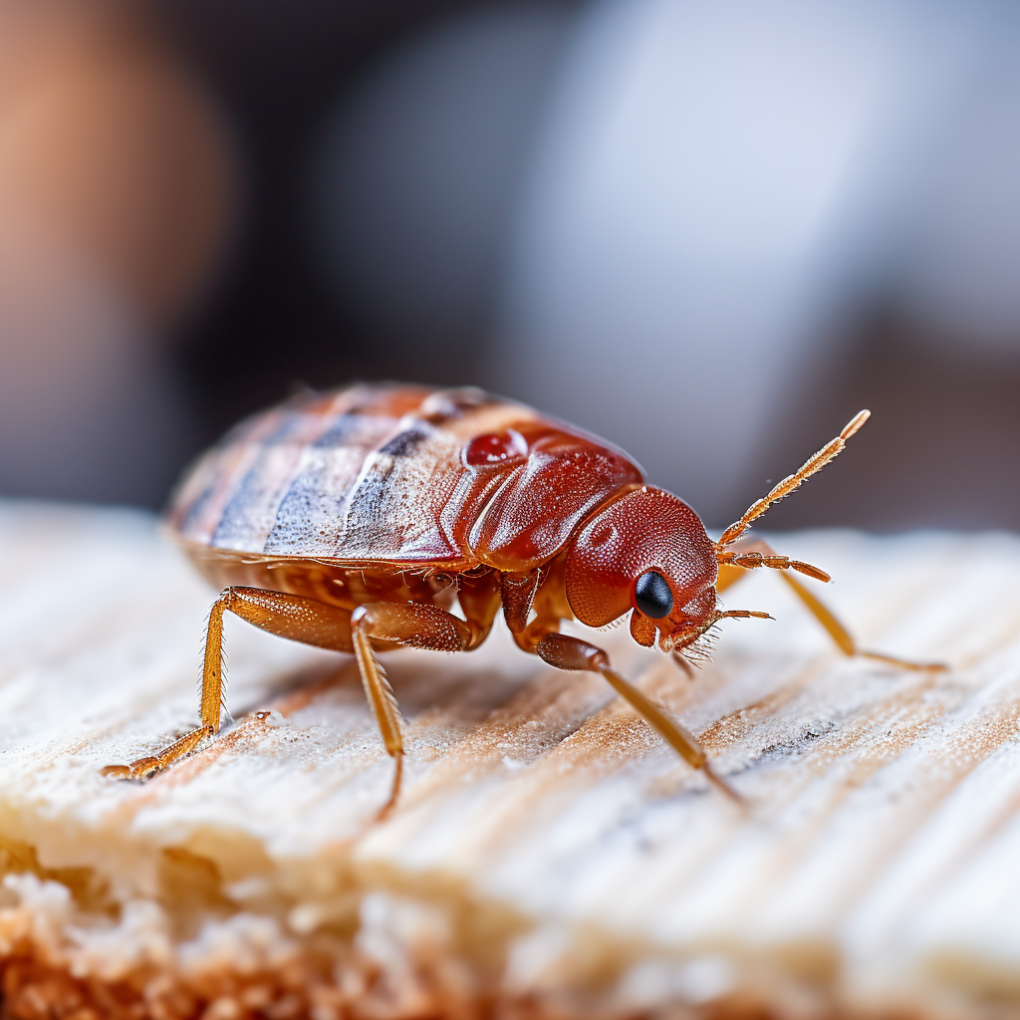A Malfunction of the Numerous Kinds Of Insect Control Solutions
In the world of parasite control, a multitude of techniques exist to attend to and battle the existence of unwanted animals. From the standard use chemical pesticides to extra cutting-edge biological control options, each strategy offers distinct advantages and restrictions. As we browse with the varied landscape of bug control remedies, recognizing the intricacies of each method comes to be paramount in identifying the most effective strategy. Stay tuned as we explore the nuanced world of pest control techniques and discover how each type plays an unique role in safeguarding our environments.
Chemical Pesticides
Chemical chemicals are frequently utilized in pest control to effectively remove a wide variety of pests and various other pests. These chemicals work by targeting the anxious system of the bugs, disrupting their regular features, and ultimately bring about their demise. Making use of chemical pesticides has actually been a staple in the insect control industry for years due to their performance and quick outcomes.

Nonetheless, it is necessary to use chemical pesticides with caution due to their potential hazardous impacts on the atmosphere and non-target species. Improper application or overuse of these pesticides can lead to contamination, damage to helpful bugs, and resistance advancement in insect populations. For that reason, it is essential to follow safety guidelines and regulations when using chemical pesticides for parasite control.
Biological Control Techniques
Taking into consideration the potential environmental influences and dangers connected with chemical pesticides, biological control methods provide a more sustainable approach to managing pest populations. Biological control includes the usage of natural adversaries, such as bloodsuckers, pathogens, and predators, to reduce parasite populations. This technique is frequently a lot more targeted, influencing only the particular parasite species while reducing harm to helpful pests, humans, and the atmosphere.

One advantage of organic control is its long-lasting effectiveness. Once developed, natural enemies can aid manage pest populations continuously without the need for duplicated applications of pesticides. Additionally, organic control is typically much more cost-effective and can help in reducing pesticide resistance in pest populaces in time. Overall, organic control methods supply a environmentally pleasant and sustainable service to pest monitoring.

Mechanical Insect Control
Mechanical pest control involves the physical manipulation or removal of insects to manage their populations effectively. One common instance of mechanical parasite control is making use of traps to capture rodents or insects.
One more mechanical technique is making use of barriers such as fencings, internet, or screens to obstruct bugs from getting in certain areas. By literally protecting against parasites from accessing a place, the possibility of infestations or damages can be substantially minimized. Additionally, manual methods like handpicking bugs off structures or plants can be reliable for smaller-scale invasions.
While mechanical pest control techniques can be labor-intensive, they provide a non-chemical choice that can be sustainable and ecologically friendly. By targeting parasites directly, mechanical control strategies can assist maintain bug populations in check without relying upon pesticides.
All-natural Remedies
Using all-natural solutions for bug control supplies a eco-friendly and sustainable technique to taking care of parasite populations without resorting to chemical interventions. Natural find remedies involve using substances derived from plants, minerals, or other naturally occurring sources to deter or eliminate insects.
Furthermore, necessary oils such as tea tree oil or neem oil have insecticidal residential or commercial properties that can efficiently control insects while being safe for the environment. Another all-natural solution is presenting useful bugs like ladybugs or hoping mantises to your yard to prey on harmful parasites. By including these all-natural services into pest monitoring methods, individuals can decrease their reliance on artificial chemicals and promote a healthier, more well balanced environment.
Integrated Insect Management
Integrated Parasite Administration (IPM) is a detailed method that incorporates different techniques to effectively regulate pest populations while reducing threats to human health and wellness and the environment. IPM entails the combination of multiple bug control methods such as organic control, habitat adjustment, adjustment of social practices, and making use of resistant plant ranges. By utilizing a mix of these strategies, IPM aims to reduce reliance on chemical pesticides, which can have adverse effect on ecosystems and human wellness.
One key aspect of IPM is the emphasis on prevention. By executing measures to stop pest invasions prior to they happen, such as maintaining correct cleanliness and securing entry points, the demand for reactive insect control actions is reduced. Surveillance and normal examinations play a crucial role in IPM, permitting for very early discovery of bug issues and timely treatment.
Verdict
In verdict, the various types of pest control solutions offer an array of alternatives for properly managing parasite problems. Organic control techniques utilize all-natural killers to manage insects. Integrated Pest Monitoring incorporates several strategies for a holistic technique to pest control.
Chemical pesticides are frequently used in pest control to properly get rid of a broad range of pests and other parasites.Mechanical bug control involves the physical adjustment or elimination of pests to handle their populaces successfully (Kings pest control Cincinnati Ohio).Utilizing natural solutions for bug control offers a lasting and environmentally friendly strategy to handling insect populaces without resorting to chemical interventions.Integrated Bug Management (IPM) is a detailed approach that integrates numerous techniques to successfully control pest populations while decreasing risks this website to human health and wellness and the setting.In verdict, the different kinds of parasite control services use an array of options check these guys out for efficiently taking care of pest infestations